What your brain type reveals about you
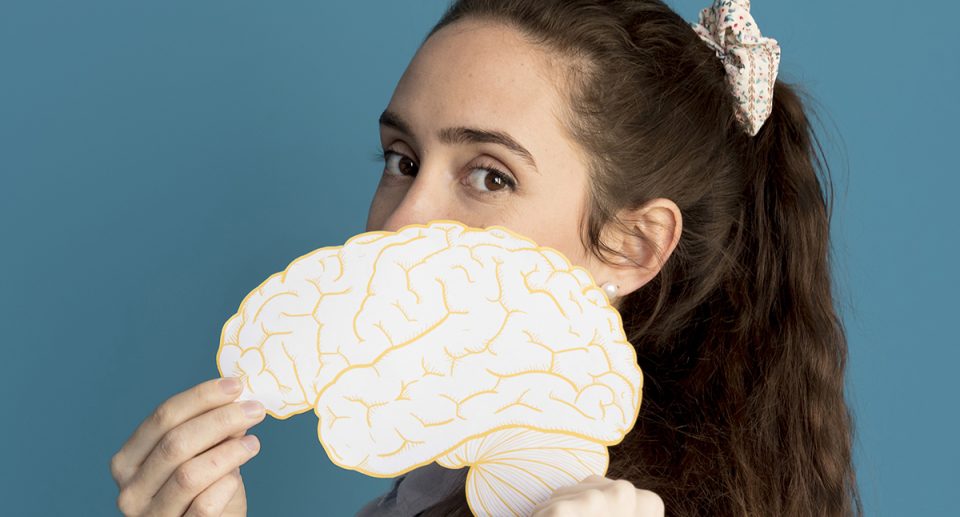
Have you ever wondered why you constantly worry or feel so emotional? Has anyone ever told you it’s all in your head? Well, they’re partly right—it’s actually all in your brain. Based on the world’s largest database of brain scans related to behavior, we now know that how you think, act, and interact with others depends on your brain function, or your brain type. Here, we explain the five brain types.
Finding your brain type
After analyzing over 150,000 brain SPECT scans at Amen Clinics in the USA, it’s evident that no two brains are alike. SPECT is a brain-imaging tool that measures blood flow and activity, highlighting areas with healthy activity, excessive activity, or insufficient activity.
Initially, this brain-imaging work focused on identifying patterns to diagnose and treat mental health conditions like ADHD, depression, bipolar disorder, and anxiety. However, as more scans were studied, it was noticed that specific brain patterns also corresponded to personality types.
The research has identified five primary brain types that shape who you are, how you behave, and how you relate to others. This discovery underscores why a one-size-fits-all approach to treating anxiety, depression, or other mental health issues is ineffective. Finding the right diet, supplements, and exercise regimen tailored to your needs depends on your brain type.
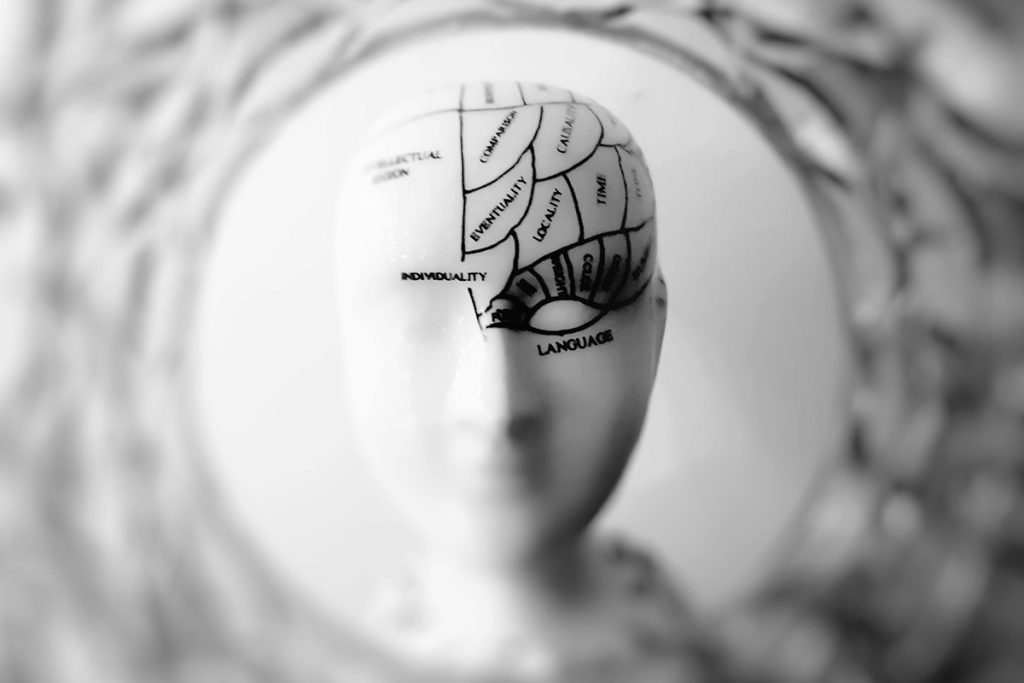
Type 1. The balanced brain
The balanced brain displays full, even, and symmetrical blood flow in most areas.
Personality Type: If you have a balanced brain, you are likely to be focused, flexible, and emotionally stable. You complete tasks on time, show up punctually, follow through on promises, and handle life’s ups and downs well. Typically, you are not a risk taker and prefer to adhere to rules.
Career Path: Type 1 individuals excel as employees, managers, and project coordinators in almost any industry.
Learning Style: Your focus and organization help you succeed in school or on-the-job training.
Relationships: You generally get along well with others and maintain drama-free relationships.
Potential Problems: A junk-food diet, excessive alcohol consumption, inactivity, and prolonged social media use can lead to mental health issues.
Support Tips: Maintain your balanced brain with a healthy diet, regular exercise, and supplements like multivitamins, omega-3 fatty acids, and vitamin D.
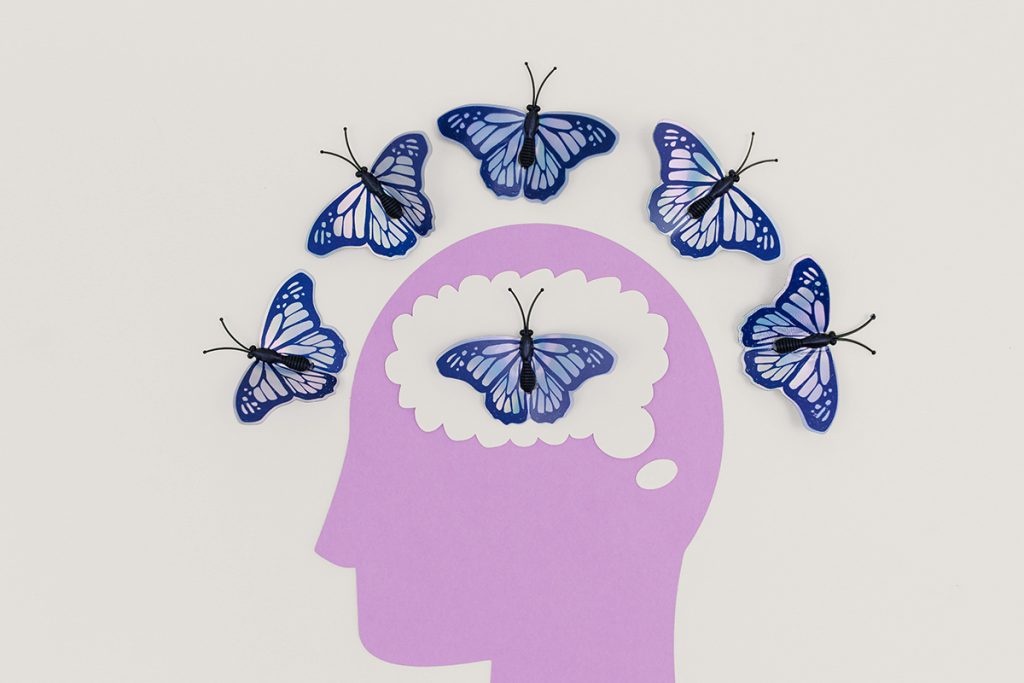
Type 2. The spontaneous brain
This type typically shows lower activity in the prefrontal cortex (PFC), the front part of the brain.
Personality Type: With this brain type, you love trying new things, have a wide range of interests, and prefer spontaneity over a set schedule. You think outside the box, often disregard rules, and are usually late for appointments. Organization isn’t your strength, and your risk-taking behavior might sometimes get you into trouble.
Career Path: The spontaneous brain type is common among entrepreneurs, entertainers, politicians, and real estate agents.
Learning Style: Easily distracted and struggling with organization, you might find it hard to perform up to your potential despite being intelligent.
Relationships: Your love for excitement may lead to creating drama in your relationships.
Potential Problems: You might engage in risky behaviors such as excessive drinking, drug use, or extramarital affairs. This type is also prone to ADHD, depression, and addiction.
Support Tips: Boost PFC activity with a high-protein diet, supplements like green tea, rhodiola, and ginseng, and regular cardio exercise.
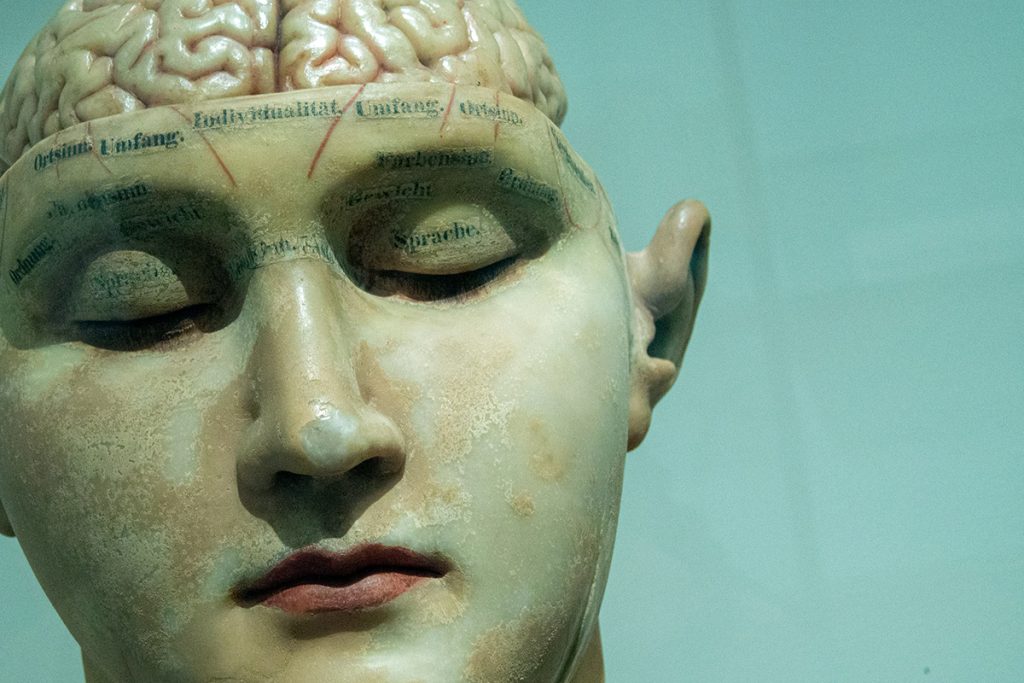
Type 3. The persistent brain
People with this brain type often show increased activity in the anterior cingulate gyrus (ACG), located in the front part of the brain.
Personality Type: You are driven to get things done, are strong-willed, and refuse to take no for an answer. You believe it’s your way or the highway and thrive on routine, but struggle with sudden changes and have difficulty going with the flow. You might worry a lot, hold onto past hurts, and tend to be argumentative.
Career Path: The persistent brain type is common among chief operating officers, project managers, and web engineers.
Learning Style: You perform best when given options and leeway in how you learn, so classes and training with flexible approaches suit you well.
Relationships: You can be stubborn and tend to remember every disagreement you and your partner ever had.
Potential Problems: An overactive ACG can cause you to get stuck on negative thoughts, which is linked to anxiety, depression, and obsessive-compulsive disorder (OCD).
Support Tips: To calm an overactive ACG, boost serotonin levels with healthy carbs like sweet potatoes and hummus, salmon, turkey, eggs, nuts, and seeds. Supplements like 5-HTP and saffron, along with burst training, can also help.
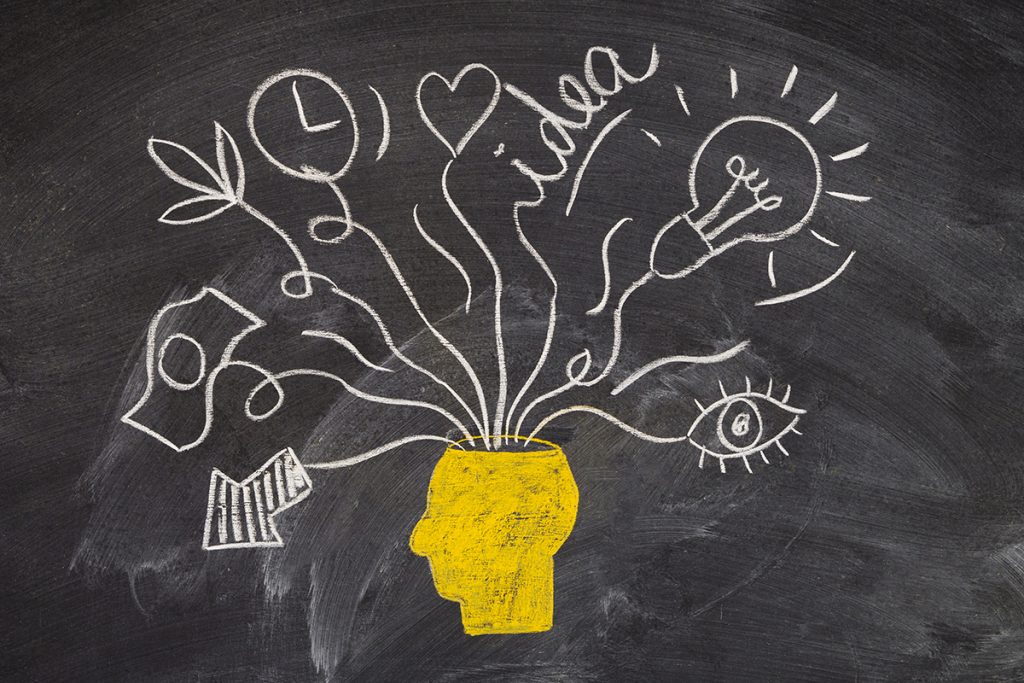
Type 4. The sensitive brain
People with this brain type often have increased activity in the limbic system, the emotional centers of the brain.
Personality Type: If you have the sensitive brain type, you likely have great empathy for friends, family, fellow humans, and even animals. You may be deeply moved by music, movies, and other art forms, while violent films, hateful social media posts, and the nightly news can be overwhelming for you. Many with this brain type struggle with moods, feel easily overwhelmed, and often experience automatic negative thoughts (ANTs).
Career Path: The sensitive brain type is common among therapists, health care professionals, social workers, and creative types.
Learning Style: Noisy places can be overwhelming, so seek out quiet study environments and use earplugs if needed. Find supportive counselors, mentors, or professors.
Relationships: You’re very attuned to others, easily sensing when your partner needs a hug or some space. However, your sensitivity to external stimuli means you might need alone time to recharge, which your partner could misinterpret.
Potential Problems: High sensitivity can make you more vulnerable to depression, addiction, and cyclic mood disorders like bipolar disorder.
Support Tips: Calm the emotional centers of your brain with healthy fats such as avocado, almonds, and salmon. Consider taking omega-3 fatty acids, s-adenosylmethionine (SAMe), and vitamin D. Engage in physical activities like dancing or team sports.
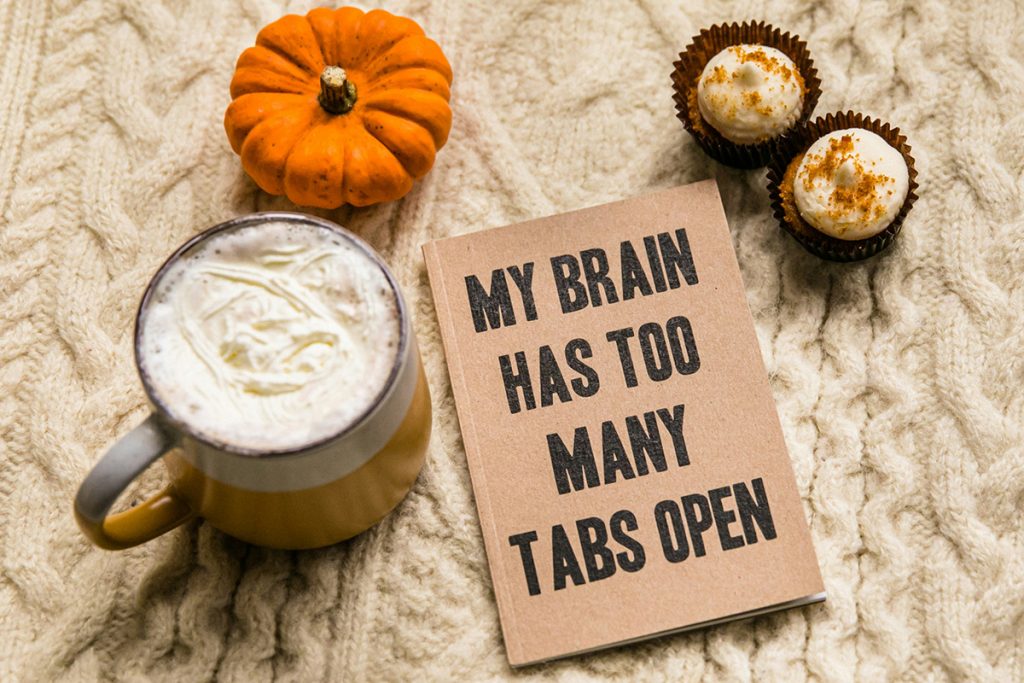
Type 5. The cautious brain
This type often has heightened activity in the anxiety centers of the brain, such as the basal ganglia, insular cortex, or amygdala, often linked to low levels of the neurotransmitter GABA.
Personality Type: If you have the cautious brain type, you are likely to feel anxious, which usually makes you more prepared. However, your busy mind can make it hard to relax. You might expect the worst and have a fear of failure that prevents you from pursuing your dreams.
Career Path: You prefer security and likely have an analytical mind, making you well-suited for jobs in accounting, research, or data mining.
Learning Style: You are thorough in studying, but test-day anxiety may hinder your performance.
Relationships: You may fear rejection and seek constant reassurance from your partner, which can appear as neediness or clinginess.
Potential Problems: You are more susceptible to anxiety and addictions.
Support Tips: Soothe your brain’s anxiety centers by avoiding caffeine, alcohol, and sugary sweets. Supplement your diet with GABA, magnesium, and B6, and engage in calming activities like yoga.
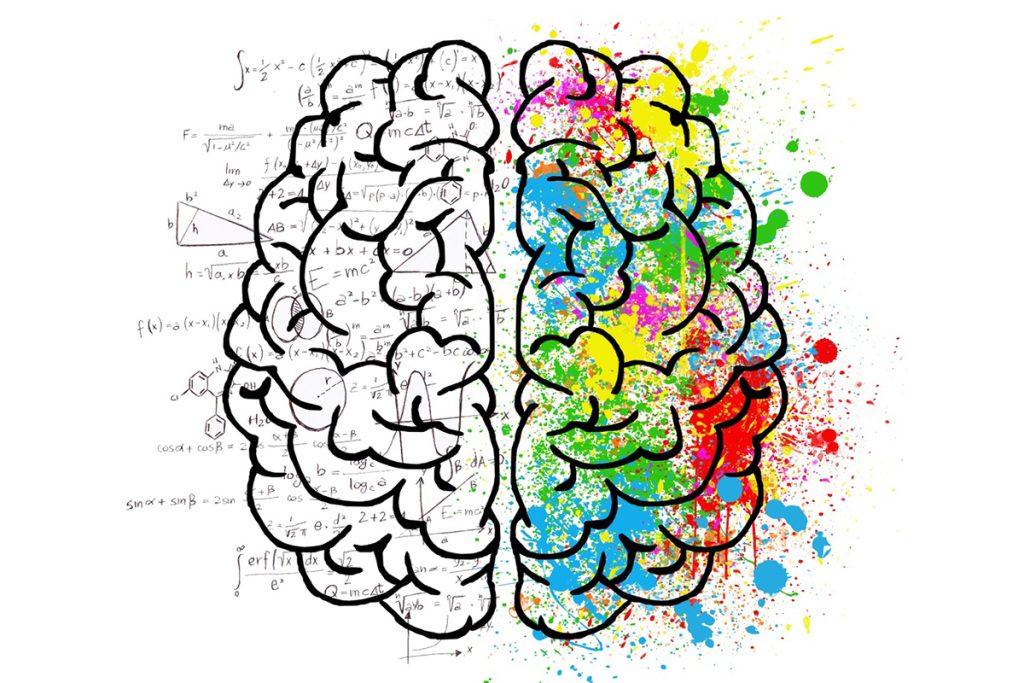
PS. To learn even more about your unique brain type, you could take the following Brain Health Assessment.



















